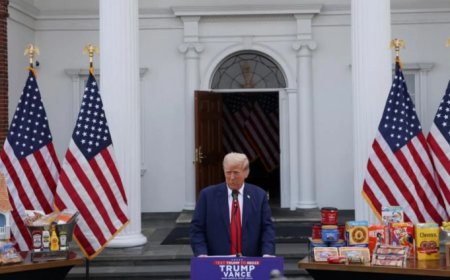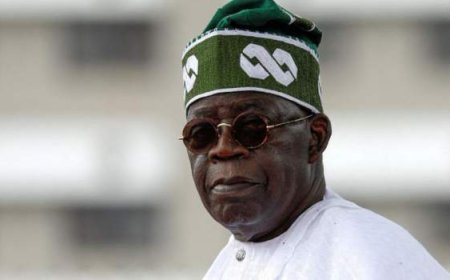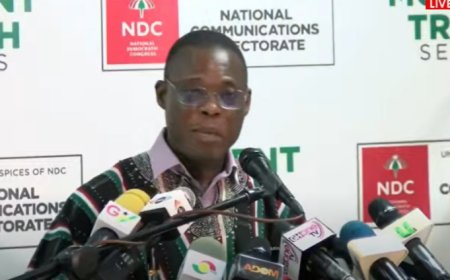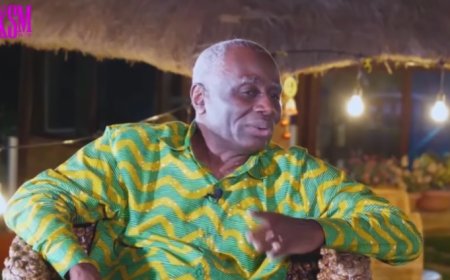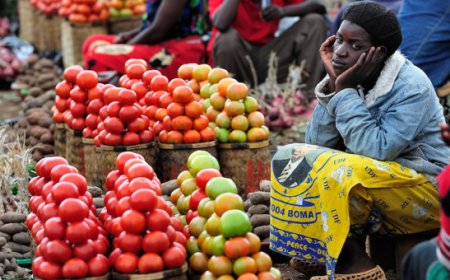Nigerian Muslims Struggle to Afford Eid Sacrifices Amid Economic Crisis
Nigerian Muslims face challenges affording traditional Eid sacrifices due to economic hardship exacerbated by inflation.
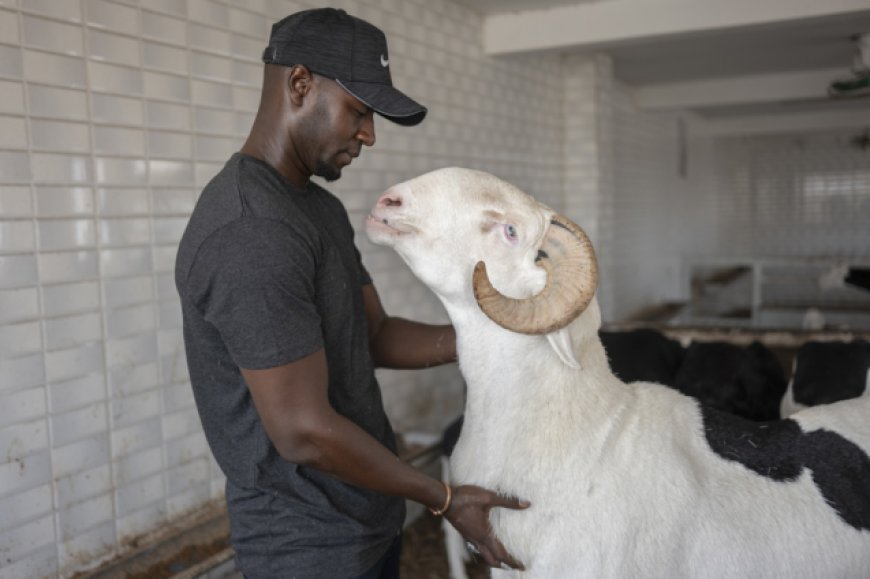
In northern Nigeria, the joyous tradition of Eid al-Adha has been tempered by economic hardships, leaving many Muslims unable to afford the customary sacrifice of animals this year.
For Mallam Kabiru Tudun Wada, 78, this Eid is markedly different. "I have slaughtered a ram every year starting from 1976 but this year I can't, I just can't," he lamented. The soaring cost of living has rendered the purchase of a ram, a central ritual symbolizing Prophet Ibrahim's obedience to God, out of reach for many.
Inflation in Nigeria has surged to over 30%, marking its highest level in nearly three decades, with food prices climbing even more sharply by 50%. An average ram, essential for the traditional Eid feast, now commands 100,000 naira (£50; $63), a sum beyond the means of numerous families.
Mallam Auwal Yakasai, 66, shared his plight: "The only way I could afford to slaughter an animal this year was to find a friend and share the cost. We got a camel so the two of us can slaughter together." This cooperative approach, while practical, reflects the financial strain affecting communities across the country.
Islamic cleric Idris Garba Sokoto emphasized the religious significance of sacrificing animals on Eid, tracing it back to Prophet Ibrahim's tale. However, he acknowledged the current economic reality: "For many, basic food is their top priority at the moment - not an animal which some consider a luxury."
The impact extends beyond individual households to businesses like Ibrahim Balarabe Wambai's, who typically sells rams in bustling markets ahead of Eid. "Last year I sold 15 rams but this year, I have sold only seven," he disclosed, underscoring the subdued atmosphere this festive season.
While the Nigerian government has initiated cash transfers to mitigate hardship, with 15 million households receiving 25,000 naira monthly, the funds often fall short in the face of escalating prices.
As Nigerian Muslims attend prayers and reflect on their circumstances this Eid, the hope lingers for economic recovery. Many aspire to regain the ability not only to perform their religious duties fully but also to celebrate with the traditional fervor, including purchasing new clothes for loved ones.
In a year marked by financial strain, the resilience of faith shines through as communities navigate the challenges posed by the intersection of tradition and economic reality.
All rights reserved. This material, and other digital content on this website, may not be reproduced, published, broadcast, rewritten or redistributed in whole or in part without prior express written permission from TOP KNOWLEDGE MEDIA.
Contact: toppknowledgemedia@gmail.com
Stay informed and ahead of the curve! Follow The TOP KNOWLEDGE MEDIA on WhatsApp for real-time updates, breaking news, and exclusive content. Don't miss a headline – join now!
Join Top Knowledge Media Channel:
https://whatsapp.com/channel/0029VaEUCpP4NVigCMWy8J22
What's Your Reaction?







